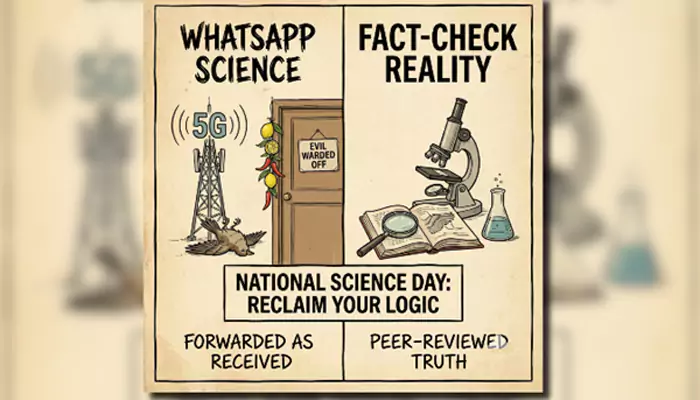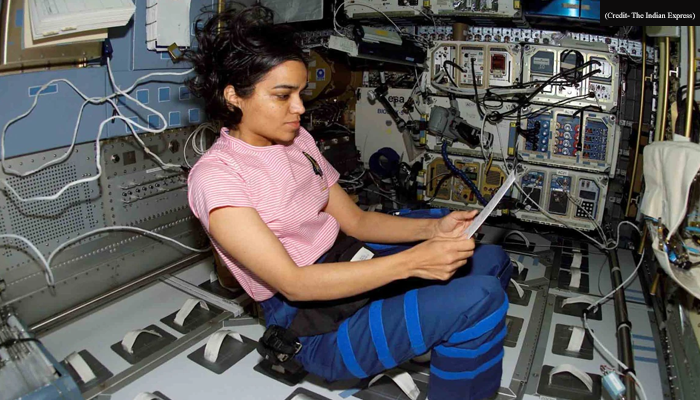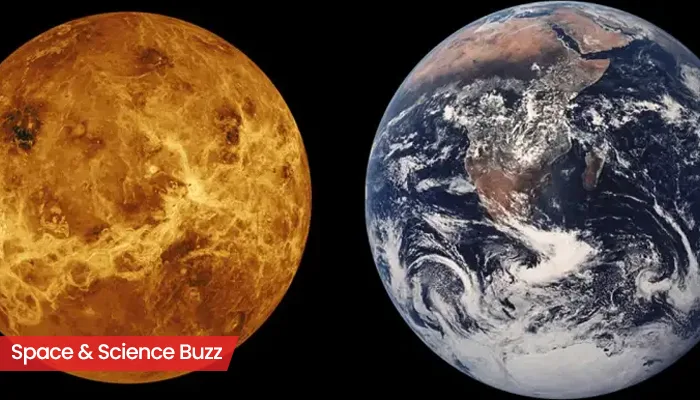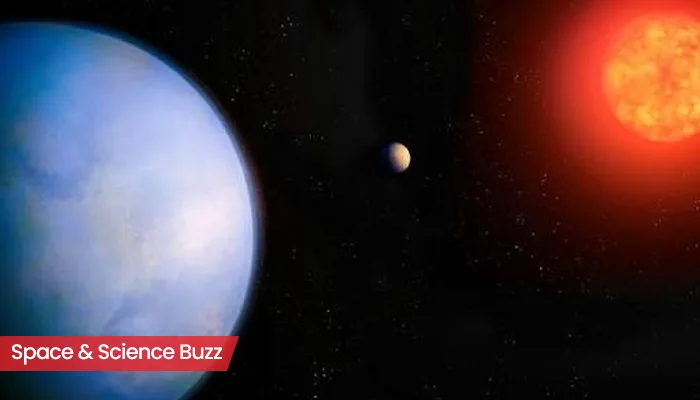
Here are today’s most important updates from the realm of Science and Space.
James Webb's Latest Discovery: The First Glimpse of ‘Failed Stars’
An international team of astronomers has discovered the first rich population of brown dwarf candidates outside the Milky Way using the James Webb Space Telescope. This unique discovery was made possible by focusing on the young star cluster NGC 602 in the Small Magellanic Cloud, which is a satellite galaxy around 200,000 light-years away from Earth. The Brown dwarf, also known as ‘failed stars’ stars are celestial objects categorized between the largest planets and the smallest stars as they are too massive to be called ‘planets’ but lack the mass needed to sustain nuclear fusion, which causes stars to shine.
Elena Sabbi of NSF's NOIRLab said, "By studying the young metal-poor brown dwarfs newly discovered in NGC602, we are getting closer to unlocking the secrets of how stars and planets formed in the harsh conditions of the early Universe".
Jurassic Tech: Scientists Aim to Resurrect Dinosaurs as Robots
😨🦖 Imagine coming face to face with this guy! #WalkingWithDinosaurs pic.twitter.com/cL5z3xQTwc
— BBC (@BBC) August 12, 2018
Scientists are planning to utilize robotics to recreate long-extinct dinosaurs, according to a recent report in Science Robotics. The aim of such artificial recreations is to enhance our knowledge of evolution as well as the natural environment. Scientists proposed a new research paradigm as ‘paleoinspired robotics’ combining traditional bioinspired robotics framework along with evolutionary studies.
"We have these animals that evolution has created over millions and millions of years, but with a couple lines of code or a new 3D-printed leg we can simulate those millions of years of evolution in a single day of engineering effort," Dr Michael Ishida, of the University of Cambridge and a co-author of the study.
Below the Ocean Floor: Drilling for Clues to Prevent Future Tsunamis

A team of international researchers, including scientists from The Australian National University (ANU), is set to begin a groundbreaking expedition to the Japan Trench to investigate the reasons of tsunamis. The scientists will use world's most advanced drilling-equipped science vessel, Chikyu, to drill the Tōhoku-oki earthquake fault zone, where Japan's most powerful earthquakes in 2011 was recorded. The team will examine how the rocks have modified the area since last drilling in 2012. Researchers will study the density, porosity, strength, and fluids within the recovered materials to know the causes of earthquakes and tsunamis.
Can’t Sleep? Your Brain Might Be Paying the Price – Study Shows Link to Aging

Brain scans have revealed prominent signs of brain ageing like higher levels of shrinkage among people suffering from poor sleep quality in early middle age. “Poor sleep habits have been linked to poor thinking and memory in later life, putting people at higher risk for dementia,” Clémence Cavaillès, from the University of California, San Francisco and corresponding author of the study said. The study focuses on the importance of addressing sleep problems to preserve brain health. Thus, everyone should maintain a consistent sleep schedule, perform exercises, avoid excess caffeine before going to bed.






.webp)
.WEBP)
.WEBP)
.webp)
.webp)

